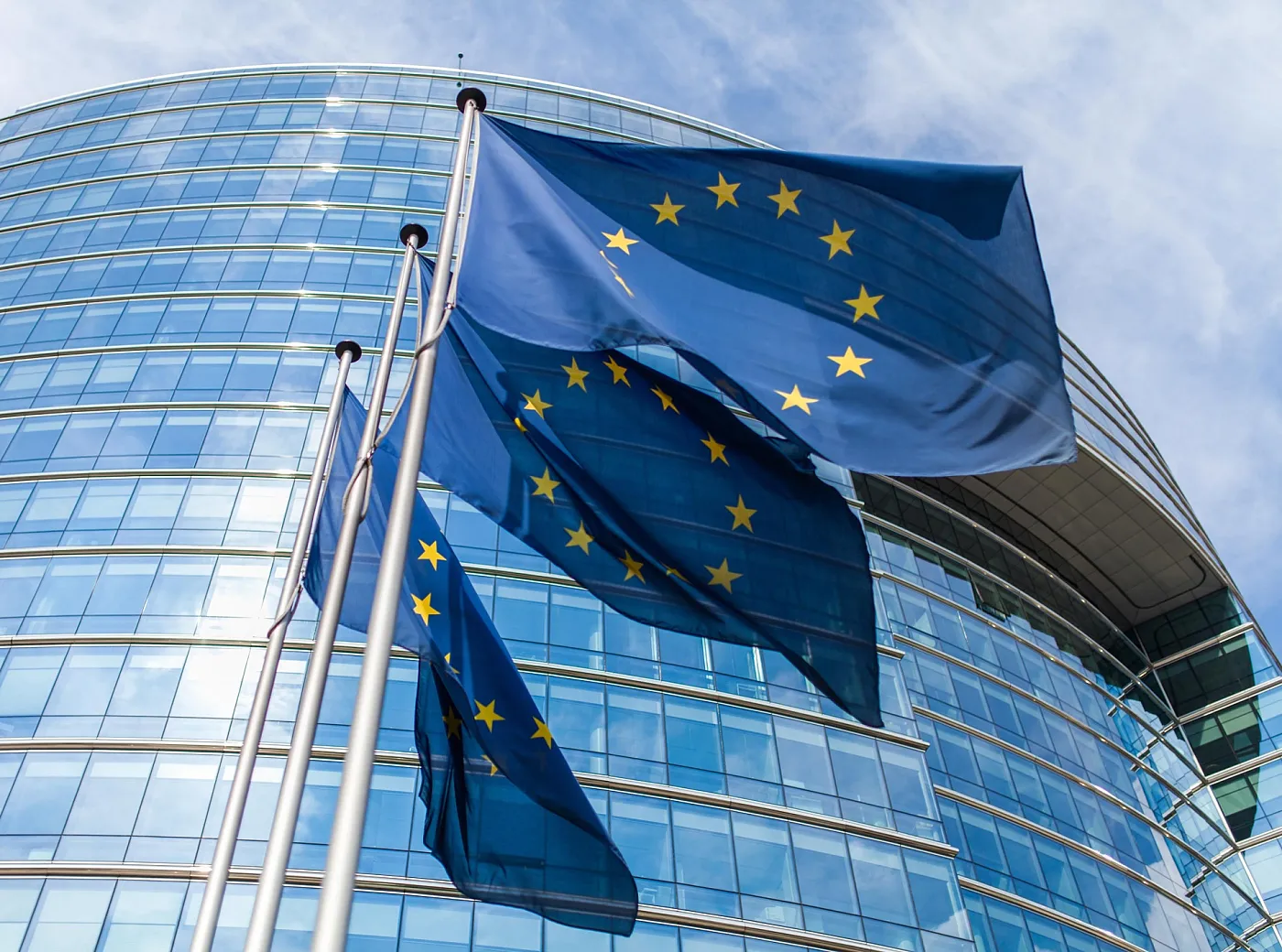The European Commission recently adopted the Clean Industry Deal State Aid Framework (CISAF).
The CISAF repeals the Temporary Crisis and Transition Framework, associated with support for the economy following Russia’s invasion of Ukraine, and operates in articulation with other legislation and soft law applicable to state aid, such as the General Block Exemption Regulation (Regulation (EU) No. 651/2014), the 2022 Guidelines on State Aid for Climate and Environmental Protection and Energy (CEEAG) and the Guidelines on regional State Aid.
This new framework provides a solid, flexible and predictable basis for Member States to grant state aid in full alignment with the Clean Industry Deal objectives.
Moreover, the CISAF aims to assist EU Member States in promoting a more sustainable economy by focusing on the decarbonisation of industry, reducing greenhouse gas (GHG) emissions, improving energy efficiency and the production and storage of renewable fuels, and developing clean technologies, in particular through investments in sustainable manufacturing processes and strengthening the competitiveness of green industry by promoting private sector investment in projects that are integrated into the objectives of the Clean Industry Deal.
Click here for the full document, which includes a summary table (not exhaustive) with the main categories of aid regulated under the CISAF, as well as the costs considered eligible for support, corresponding public funding rates and applicable aid requirements.



